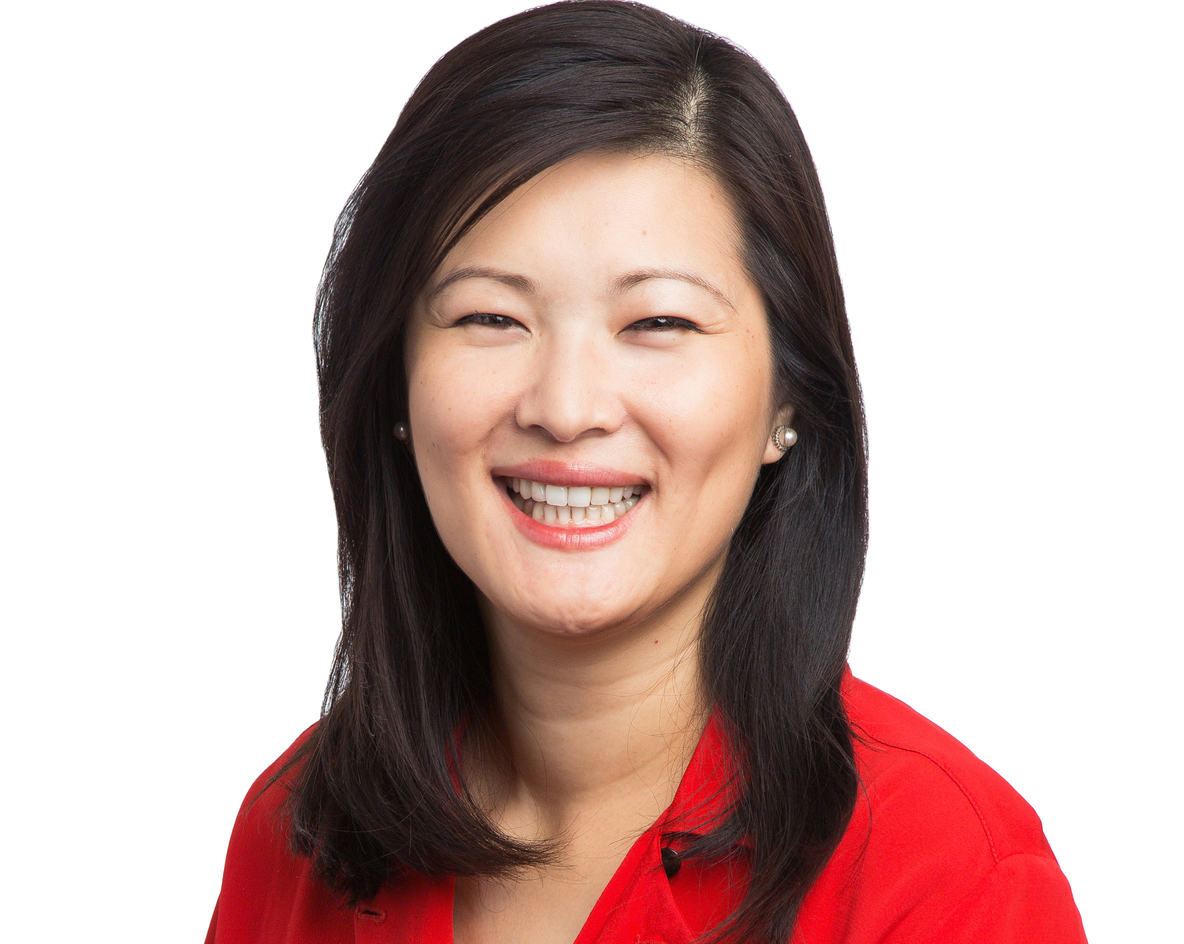Mei Fong, a Pulitzer Prize-winning journalist, has reported on the societal impacts of China’s burgeoning economy. Her most recent book, One-Child: The Story of China’s Most Radical Experiment, explores the conditions and effects of China’s one-child policy.
BPR: Do you think that, ultimately, the one-child policy was successful? Did it achieve what it set out to do?
MF: It was successful in one sense because it completely changed the mindset of large parts of the Chinese population. Now, the government has switched to a two-child policy, or at least widened the one-child policy’s parameters, in the hopes of trying to encourage more people to have children. [The new policies] face an uphill battle because the ideal mindset of the one-child family has become so entrenched in the minds of many Chinese that it is going to be very hard to shift that. There are a lot of opinion polls that suggest that many Chinese will not be interested or willing to have a second child despite the loosened restrictions. Many cite a host of reasons — from financial costs to pollution — but many people say that they simply don’t want to have more children. This might be a mark of the one-child policy’s success: that it’s no longer needed [and] has become too successful. But certainly going ahead, the one-child policy will negatively impact China’s economic growth. The policy has made China extremely lopsided in terms of its demographic mix. There exists a significant greying society. By 2050, one in four Chinese will be a retiree. The fact that there are so many more people living longer and growing older is not a function of the one-child policy. But the fact that there is a much smaller worker base to support those who are living longer, that is very much a function of the one-child policy.
BPR: What about instances of resistance? Have there been any large scale or consistent examples against the one-child policy?
MF: Resistance has taken place on an individual level. One of the big instances of resistance, if you call it that, were pregnant women who would go into hiding in other parts of China in an effort to evade detection and enforcement until they gave birth. This became very common. Moms would go into other villages and try to conceive their children in hiding, because until they give birth they might run the risk of a forced abortion. Other instances of resistance come in the form of people dodging the one-child policy and finding ways around it. There are all sorts of ingenious ways around it — people faking marriages, people faking divorces, people using multiples (giving birth to twins and triplets) as a way to evade the policy — because that counts as a single birth so you’re not liable to lose your child or pay huge fines. These [forms of resistance] were all on an individual level. It wasn’t concerted per se.
BPR: How did the one-child policy alter the political landscape of China?
MF: I don’t know if it did, per se. The Chinese Communist Party was and continues to be supreme both before and after the inception of the one-child policy. There was a theory that floated around at the start of the one-child policy — what does it mean when you have a whole generation of single children who will be coddled or raised with greater expectations and greater freedoms? Would this lead to possibly a greater demand for democracy or freedom or opening up of the political sphere? I think that it’s still a theory and hasn’t been proven. It’s quite likely there’s a counterbalance to that theory too, which is that people who have grown up under the system of the one-child policy not only have greater desires but also have to satisfy greater demands. Let’s not forget that whole sector of the aging population. All the demographic pressures that will come onto their shoulders may cause them to become more conservative and risk-averse. There’s also a sense that there’s a lot on [the younger generation’s] plate. Even setting aside cost considerations, you can imagine one child being born in many households means there are no siblings to share the support of aging parents and grandparents. It’s a huge emotional strain and huge time-constraint issue. I think these effects will counterbalance the idea that we might see a revolutionary issue coming up.
BPR: Do you think China’s two-child policy will cause a substantial change in the country?
MF: Theoretically, it’s still kind of the same one-child policy. Even though we call it the one-child policy, it’s a method of convenience to describe the whole basket of regulations. Even though it’s moved to a two-child policy, there are still regulations on the subject of China’s reproduction. The shift makes it easier for people to have a second child. There are a lot of indications to suggest that it won’t produce a baby boom — social polls indicate many people, particularly in urban China, do not wish for a second child. In the past, when the government has loosened some of these regulations, as it did two or three years ago, the take-up was slow. These effects are forecasted to continue under China’s two-child policy.
